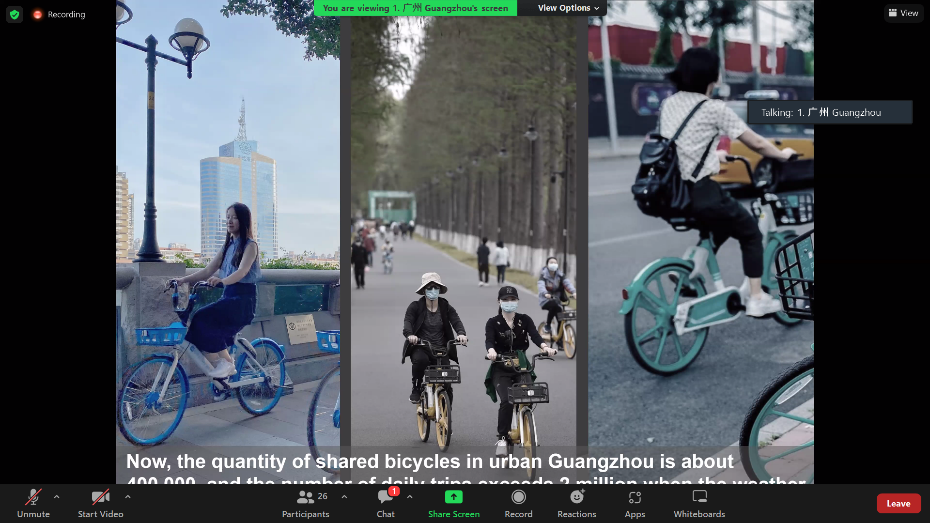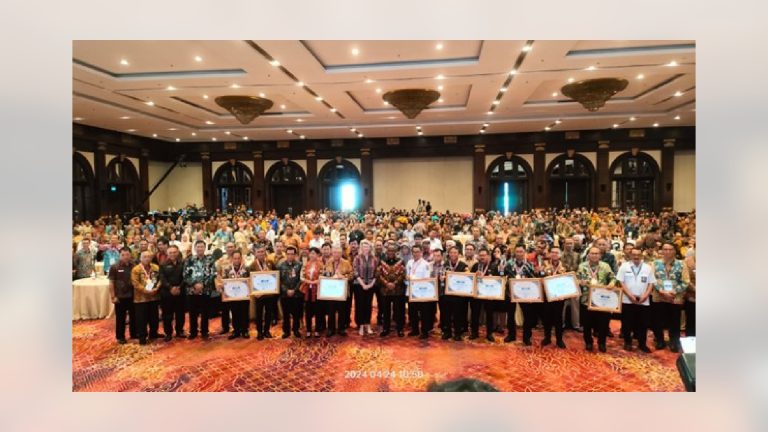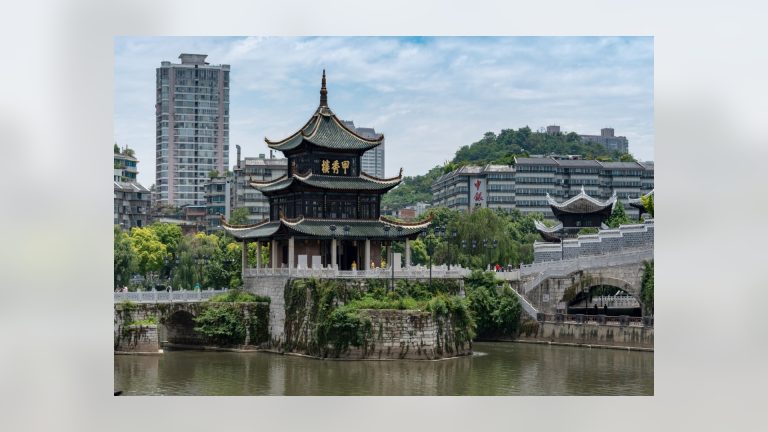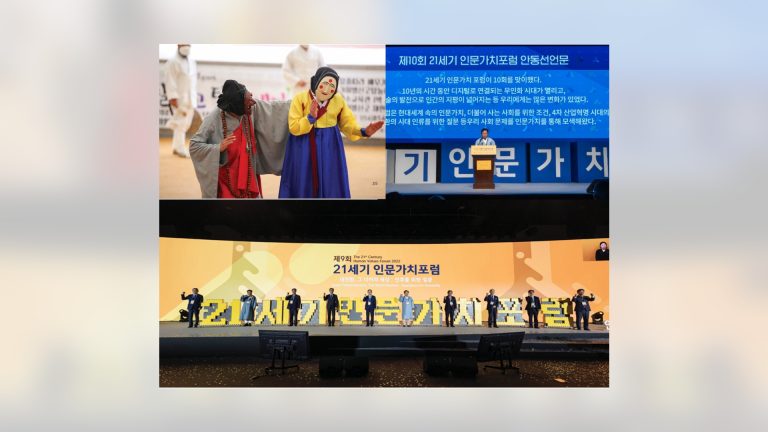Issues of transportation and mobility have been changed by the COVID-19 pandemic, thus changing the way we live and work. This was conveyed by Dr. Bernadia Irawati Tjandradewi as UCLG ASPAC Secretary General during her opening remarks, for the Asia-Pacific local governments training regarding sustainable mobility. A collaboration between UCLG ASPAC and SHRDC, the training session was held from 19th July 2022 to the last session in 21th July 2022. She conveyed how transportation and mobility are interlinked, thus being key issues in ensuring effective and sustainable mobilisation of people. In fact, cities have been innovating due to the impacts of COVID-19. Mobility is a key dynamic of life. We have faced changes with mobilisation but it might be an opportunity for us to improve mobility, as Dr. Bernadia expressed.
Sustainable Mobility 101, its Challenges and Opportunities
In the first session, Prof. Shin Lee, of the University of Seoul shared his perspective on what ‘sustainable’ or ‘sustainability’ entails; a consideration for future generations. In the meantime, ‘mobility’ refers to the ability to move (both human-oriented and built environments), the human experience, and transportation or access to public transportation.
Therefore, Prof Shin Lee was able to explain how sustainable mobility allows the basic access and needs of individuals and societies to be met safely and in a manner consistent with human and ecosystem health, and with equity within and between generations. It covers road safety, environment quality at the global and local level, social & generational equity. He also mentioned some issues that need to be tackled in urban transport such as traffic congestion, air pollution, CO2 emissions, an accessibility, an aesthetics, and road accidents.
To address these issues, an accommodationist approach, as well as the ‘command-and-control’ mechanism and preferred policies, are required. He also mentioned how there has been a significant shift in transportation policy realism, stating that we “can’t build our way out of congestion.” Travel behaviour and urban form are two others.
From his session, it can be concluded how transportation needs to be considered as a holistic system which supports economic and social activities at the country, regional and local levels through provision of efficient and effective mobility of people and goods. Taking into consideration all sustainability aspects, the performance of a transport system shapes the performance of the regions and cities that it serves.
Non-motorised Transport (NMT): Towards Sustainable Mobility
An interesting next session was held by Mr. Luo Lingxin, as Deputy Director from Guangzhou Municipal Transportation Bureau, Guangzhou City.
Mr. Liangxin explained his point of view in Guangzhou, through a case study in this session. So far, Guangzhou city has established positive relationships with businesses in order to promote green development through the sustainable mobility system. As the capital city of Guangdong Province, Guangzhou is rich in its history and culture. It is also an important central city and international business centre and comprehensive transportation hub in China. Guangzhou also covers an area of 7000 square kilometres and is home to nearly 19 million permanent residents.
As one of the three comprehensive transportation hubs in China, Guangzhou is a typical representative of hubs through various existing modes of transport, including air, water, and land transport. In fact, the port of Guangzhou is ranked fifth in the world. In addition to that, the Guangzhou railway hub is the largest in south China as of October 2019.
By the end of 2021, the city presented nearly 600 kilometres of metro lines, ranking fifth in the world with an average of nearly 8 million passengers daily. He also talked about Guangzhou’s BRT system, which received an appreciation from the United Nations Momentum for Change Lighthouse Activity Award. In 2019, the bus electrification program in Guangzhou won the City Award from C40 Cities Climate Leadership.
At the same time, cities in China have been implementing sustainable mobility principles in conjunction with green technology, dubbed “Internet Rental Bicycles”, which operated the use of smart technology, such as app-based services that allow citizens to freely use bicycles to serve their dynamic transportation needs on a daily basis. Therefore, Shared bicycle systems are quickly becoming an integral part of urban green transportation system, which facilitates short distance and public transportation connections and transfers.
By KM Team











